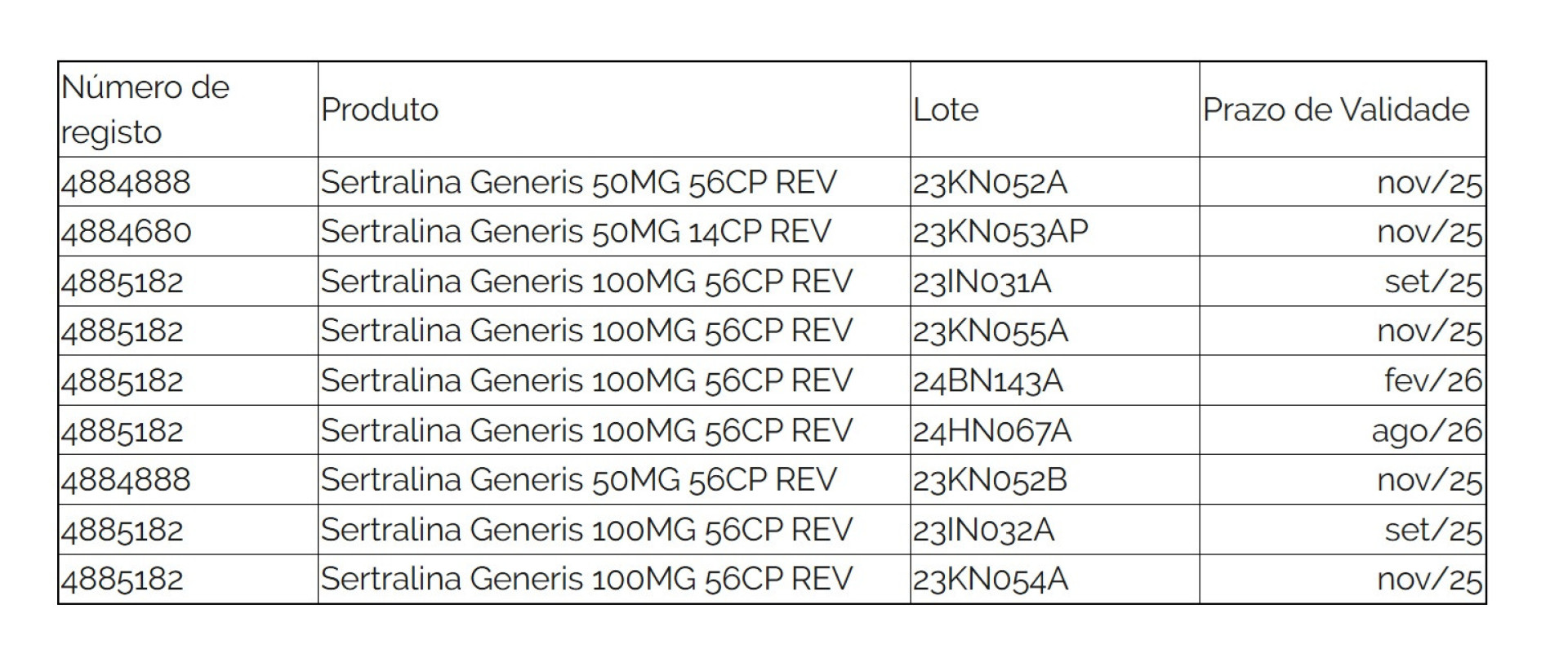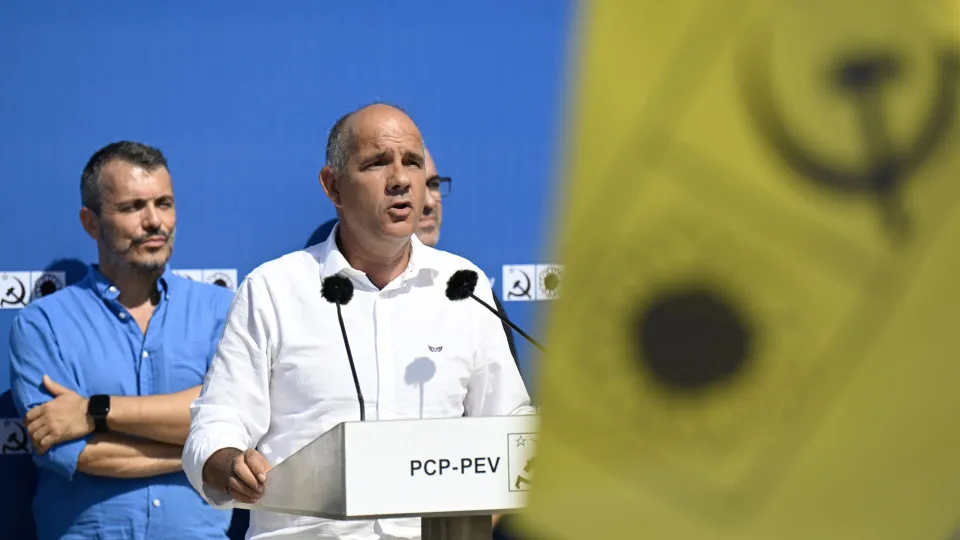
“With the destruction of agrarian reform, the problems that existed and that it largely sought and managed to overcome – job creation and increased production of essential food goods – were not resolved; on the contrary, they have worsened and continue to worsen with the policies of successive governments,” stated the Coordinator of the National Council of CNA in response.
Unemployment has worsened, as has the need for many to emigrate, leading to an aging population.
Agriculture is increasingly dominated by large estates in the hands of companies, investment funds, and even distribution chains, he noted, as the 50th anniversary of agrarian reform is marked.
Alfredo Campos mentioned that successive governments have been submitting to the impositions of the Common Agricultural Policy (CAP), producing for export even at the expense of “feeding the Portuguese population.”
The confederation pointed out that there are now communities with intensive cultures near homes, who can only eat what comes from outside.
“In almost all rural towns in the country, hypermarkets have been set up selling products, many imported, without any obligation to buy, not even a percentage of local production,” he illustrated.
For CNA, the current Government and previous ones have focused their actions on a model of intensive agriculture, with the CAP promoting market deregulation, preventing farmers from obtaining fair production prices.
Alfredo Campos noted that with the reduction of funds for the sector, as proposed in the European Union budget for 2028-2034, the future of national agriculture and food “is bleak.”
The confederation thus argues that it is up to the Government to create conditions for improving production prices, to invigorate short agro-food circuits, with support for local markets or by favoring locally sourced products in the supply of canteens and cafeterias of public entities.
“Portugal needs to direct public policies for the support and development of family farming and the effective implementation of the Family Farming Statute. We need more small and medium farmers to bring life to the territories, producing varieties of native breeds for local food,” he concluded.
In December 1974, before the agrarian reform law came into effect the following year, the first land occupation took place at Herdade do Monte do Outeiro, in the parish of Santa Vitória, in Beja.
The agrarian reform law defined, for example, a threshold above which lands were expropriated, the indemnities to be paid, and the right to reserve a certain area of the land for the owner. These clauses were not always respected.
Until January 1976, nearly 1,183,000 hectares of land were occupied.
The expropriated lands, included in the so-called Agrarian Reform Intervention Zones (ZIRA), formed Collective Production Units (UCP), which combined several farms. The property belonged to the State.
These production units resorted to emergency agricultural credit to guarantee a weekly salary for those working in them.
ZIRA covered the districts of Setúbal, Beja, Évora, Portalegre, as well as parts of the districts of Faro, Lisbon, Santarém, and Castelo Branco.
In 1977, a law prepared by then Agriculture Minister António Barreto (PS) aimed to regulate the agrarian reform process, structuring the conditions for the return of properties to former owners or heirs and opening the path for indemnities.
Many owners recovered their lands 20 or 30 years after the agrarian reform.
The European Court recognized the validity of most of the owners’ claims for indemnities, obliging the State to cover the amounts involved.
An inquiry was made to the Ministry of Agriculture regarding the total amount of indemnities paid by the State under the agrarian reform, the number of lands abandoned, and questioned the measures the executive wants to implement to retain farmers, but no response was received.




